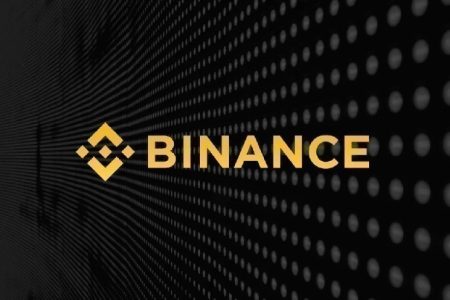The cryptocurrency exchange MEXC has encountered significant access restrictions in Turkey following the implementation of new regulatory measures by the Turkish government. These measures, aimed at strengthening oversight and control over the cryptocurrency market, have led to the removal of Turkish language support on various global platforms and the outright blocking of certain exchanges, including MEXC, within the country. This development underscores the increasing challenges faced by cryptocurrency exchanges operating in jurisdictions with evolving regulatory landscapes.
The access restrictions imposed on MEXC stem from a directive issued by the Capital Markets Board (SPK) of Turkey on December 11th. The SPK enforced a ban on the MEXC website, effectively preventing users within Turkey from accessing the platform through conventional means. While some users have reportedly circumvented this restriction by utilizing Virtual Private Networks (VPNs) or alternative internet service providers, the ban is expected to extend to all local operators, further limiting access. Interestingly, users residing in Turkish Cyprus, a region with a distinct political status, reportedly maintain uninterrupted access to the MEXC platform, highlighting the complexities of implementing and enforcing such restrictions across different jurisdictions.
MEXC has responded to the situation by attributing the access issues to “technical reasons,” a statement that has been met with skepticism given the context of the SPK’s recent regulatory actions. Through its official Turkish account, MEXC has assured users that their assets remain secure and encouraged them to continue conducting transactions through the MEXC mobile application. However, the lack of transparency regarding the specific technical issues and the conspicuous absence of MEXC from the SPK’s list of approved cryptocurrency exchanges raise concerns about the platform’s long-term operational viability within Turkey.
The SPK’s new regulations mandate that cryptocurrency exchanges operating within Turkey obtain operational licenses to ensure compliance with established financial regulations and consumer protection measures. This licensing requirement forms a crucial part of the government’s efforts to bring greater transparency and accountability to the cryptocurrency market. While some exchanges, such as Binance, have successfully secured the necessary licenses and continue to operate within the country, MEXC’s absence from the approved list suggests a potential gap in its compliance efforts. This has prompted calls for greater clarity from MEXC regarding its plans to address the regulatory requirements and secure the necessary licenses to resume full operations in Turkey.
The restrictions imposed on MEXC reflect a broader trend of increasing regulatory scrutiny within the cryptocurrency sector in Turkey. The Turkish government, like many others around the world, is grappling with the challenges of regulating a rapidly evolving and decentralized industry. Balancing the need to foster innovation and protect investors requires a nuanced approach, and the evolving regulatory landscape in Turkey is indicative of the ongoing efforts to strike this balance. These developments highlight the importance for cryptocurrency exchanges to proactively engage with regulatory bodies and demonstrate their commitment to compliance to ensure continued access to markets and maintain user trust.
The case of MEXC serves as a cautionary tale for other cryptocurrency exchanges operating in jurisdictions with evolving regulatory frameworks. It underscores the critical need for proactive engagement with regulatory authorities, transparent communication with users, and a demonstrable commitment to compliance. As governments around the world continue to grapple with the complexities of regulating the cryptocurrency market, exchanges that prioritize regulatory compliance and demonstrate a willingness to adapt to changing regulatory requirements will be better positioned for long-term success and sustainability. The ongoing developments in Turkey, and the challenges faced by platforms like MEXC, offer valuable insights for the broader cryptocurrency industry as it navigates the evolving global regulatory landscape.














